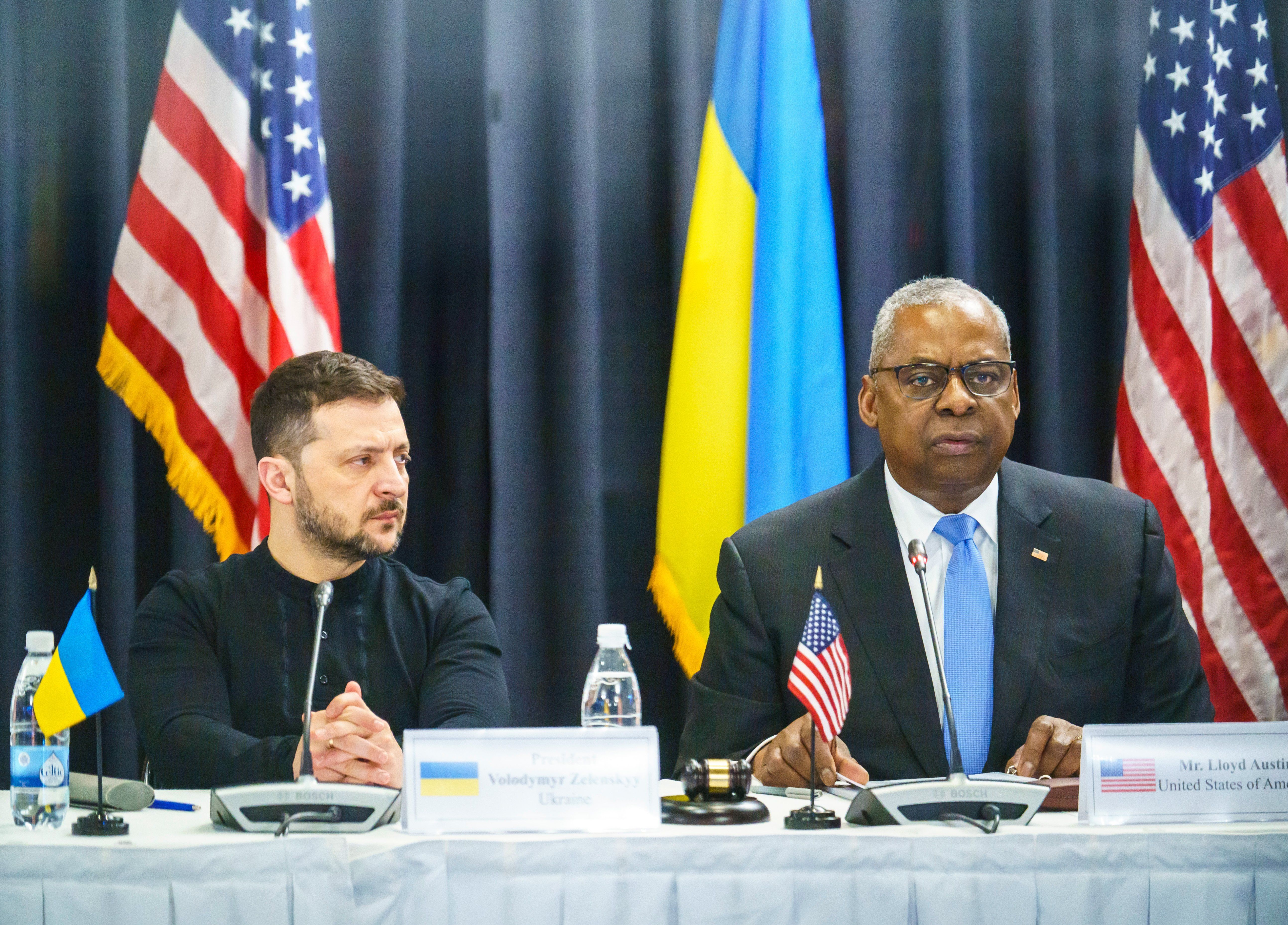In anticipation, European members have created eight subgroups, known as capability coalitions, each of which is focused on ensuring that critical military technologies — like long-range missiles, drones, and ammunition — continue to be provided even without US leadership.
But Austin is the architect of the coalition, and his absence will leave a void that may not be filled. The meeting comes less than two weeks before Donald Trump takes office, and the president-elect opposed sending further Ukraine aid on the campaign trail and has promised to bring an end to the Russia-Ukraine conflict “on day one” of his administration. Meanwhile, in Europe, rightward-shifting governments are showing less interest in the war and importing record amounts of liquified natural gas from Russia, while Ukraine is struggling to keep up its troop numbers and losing ground.
